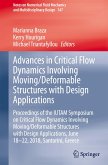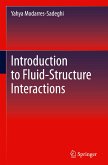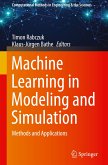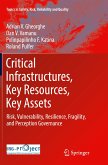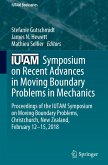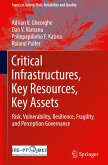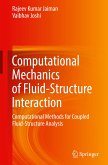This book reports on the latest knowledge concerning critical phenomena arising in fluid-structure interaction due to movement and/or deformation of bodies. The focus of the book is on reporting progress in understanding turbulence and flow control to improve aerodynamic / hydrodynamic performance by reducing drag, increasing lift or thrust and reducing noise under critical conditions that may result in massive separation, strong vortex dynamics, amplification of harmful instabilities (flutter, buffet), and flow -induced vibrations. Theory together with large-scale simulations and experiments have revealed new features of turbulent flow in the boundary layer over bodies and in thin shear layers immediately downstream of separation. New insights into turbulent flow interacting with actively deformable structures, leading to new ways of adapting and controlling the body shape and vibrations to respond to these critical conditions, are investigated. The book covers new featuresof turbulent flows in boundary layers over wings and in shear layers immediately downstream: studies of natural and artificially generated fluctuations; reduction of noise and drag; and electromechanical conversion topics. Smart actuators as well as how smart designs lead to considerable benefits compared with conventional methods are also extensively discussed. Based on contributions presented at the IUTAM Symposium "Critical Flow Dynamics involving Moving/Deformable Structures with Design applications", held in June 18-22, 2018, in Santorini, Greece, the book provides readers with extensive information about current theories, methods and challenges in flow and turbulence control, and practical knowledge about how to use this information together with smart and bio-inspired design tools to improve aerodynamic and hydrodynamic design and safety.
Bitte wählen Sie Ihr Anliegen aus.
Rechnungen
Retourenschein anfordern
Bestellstatus
Storno



